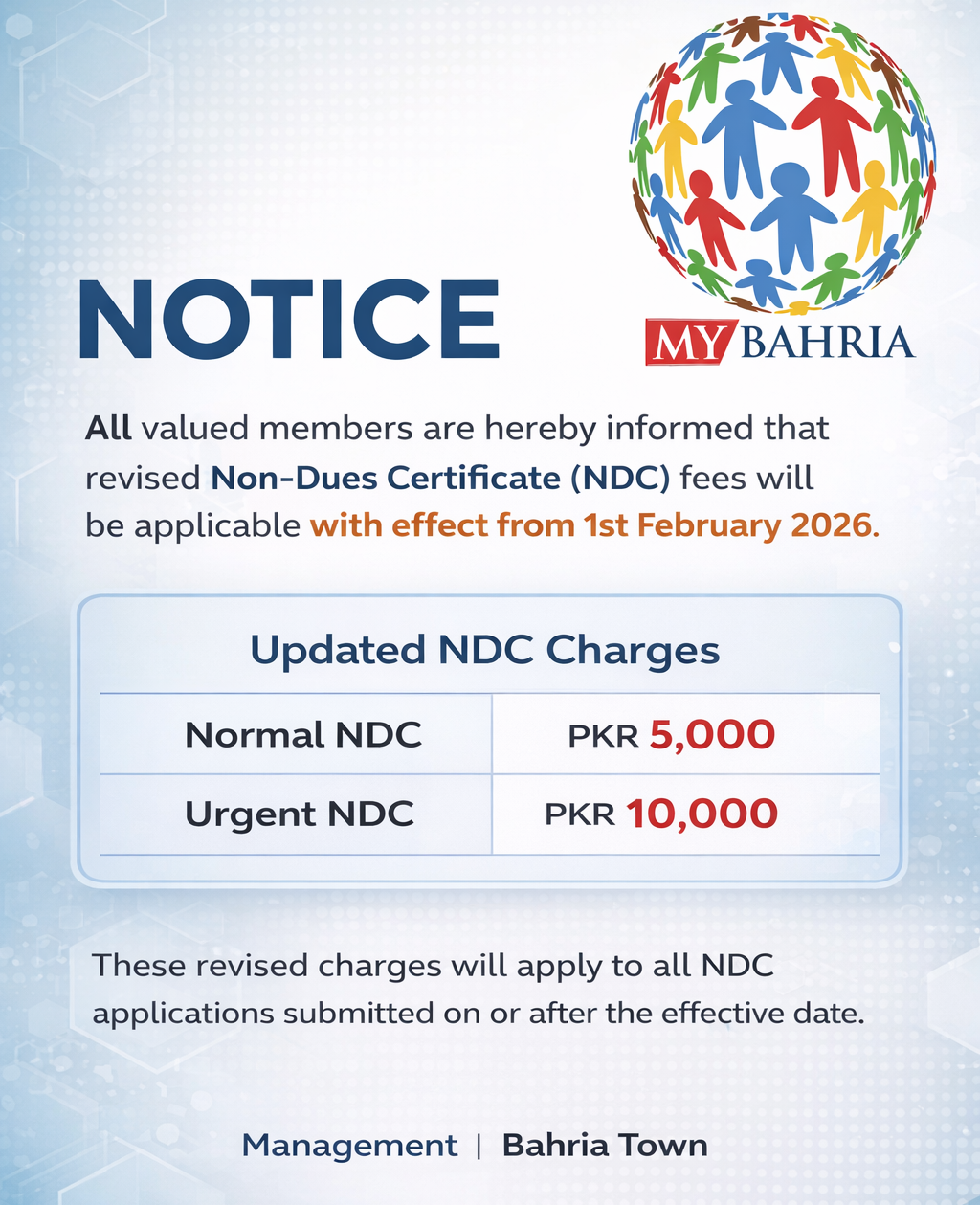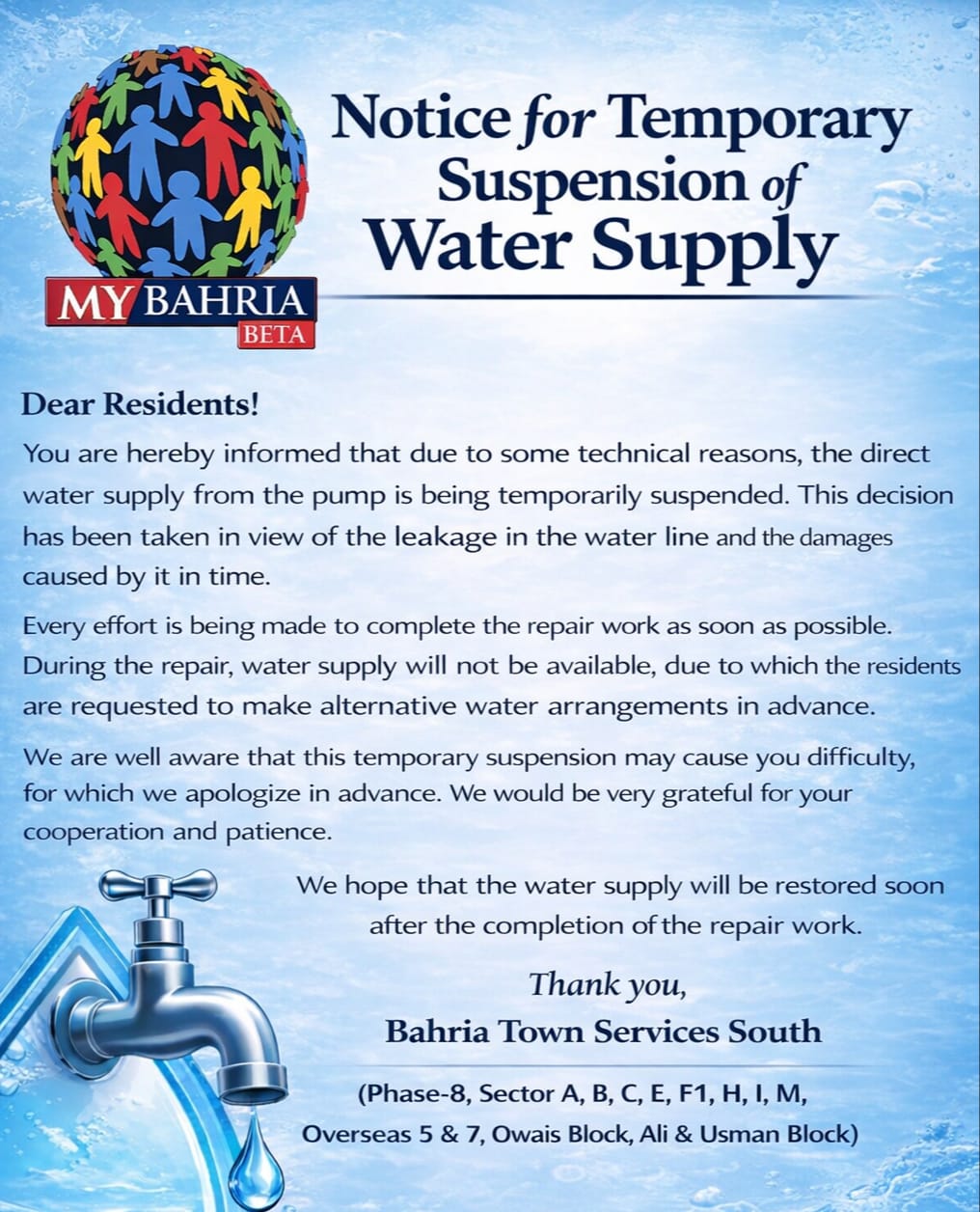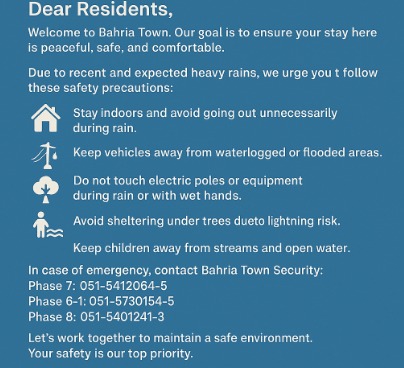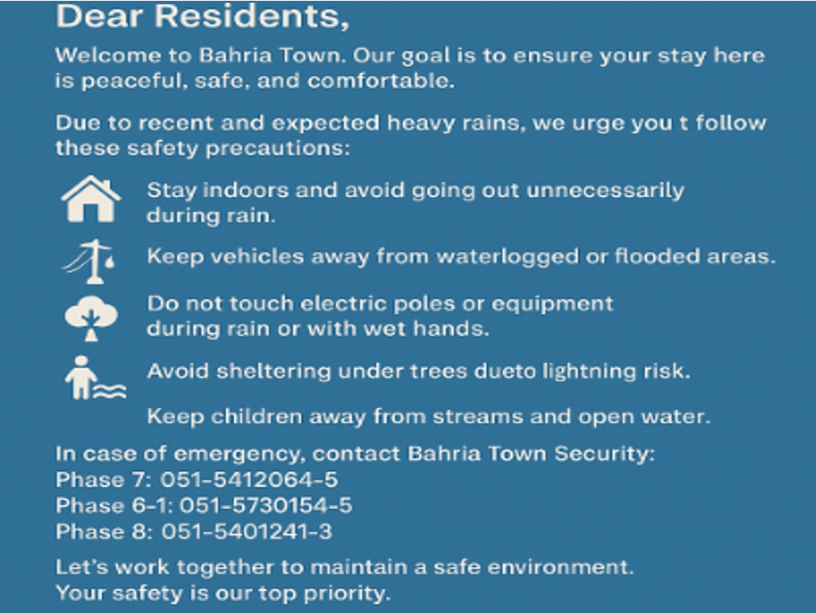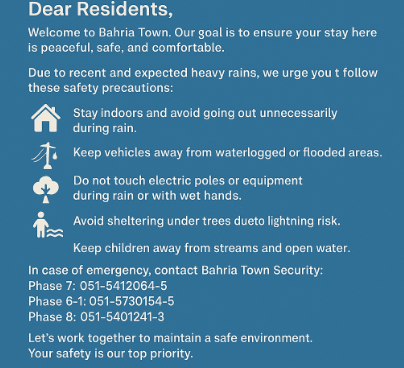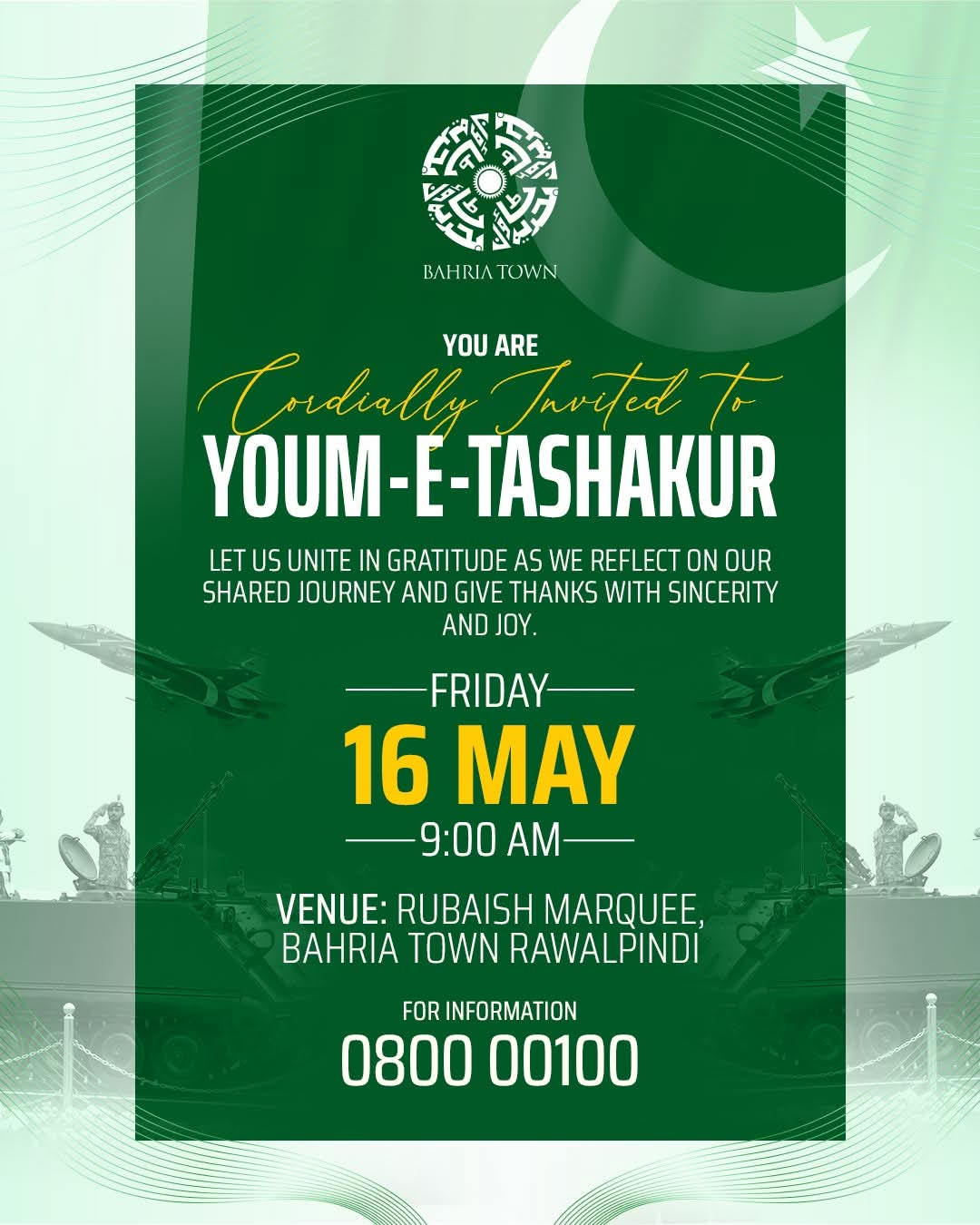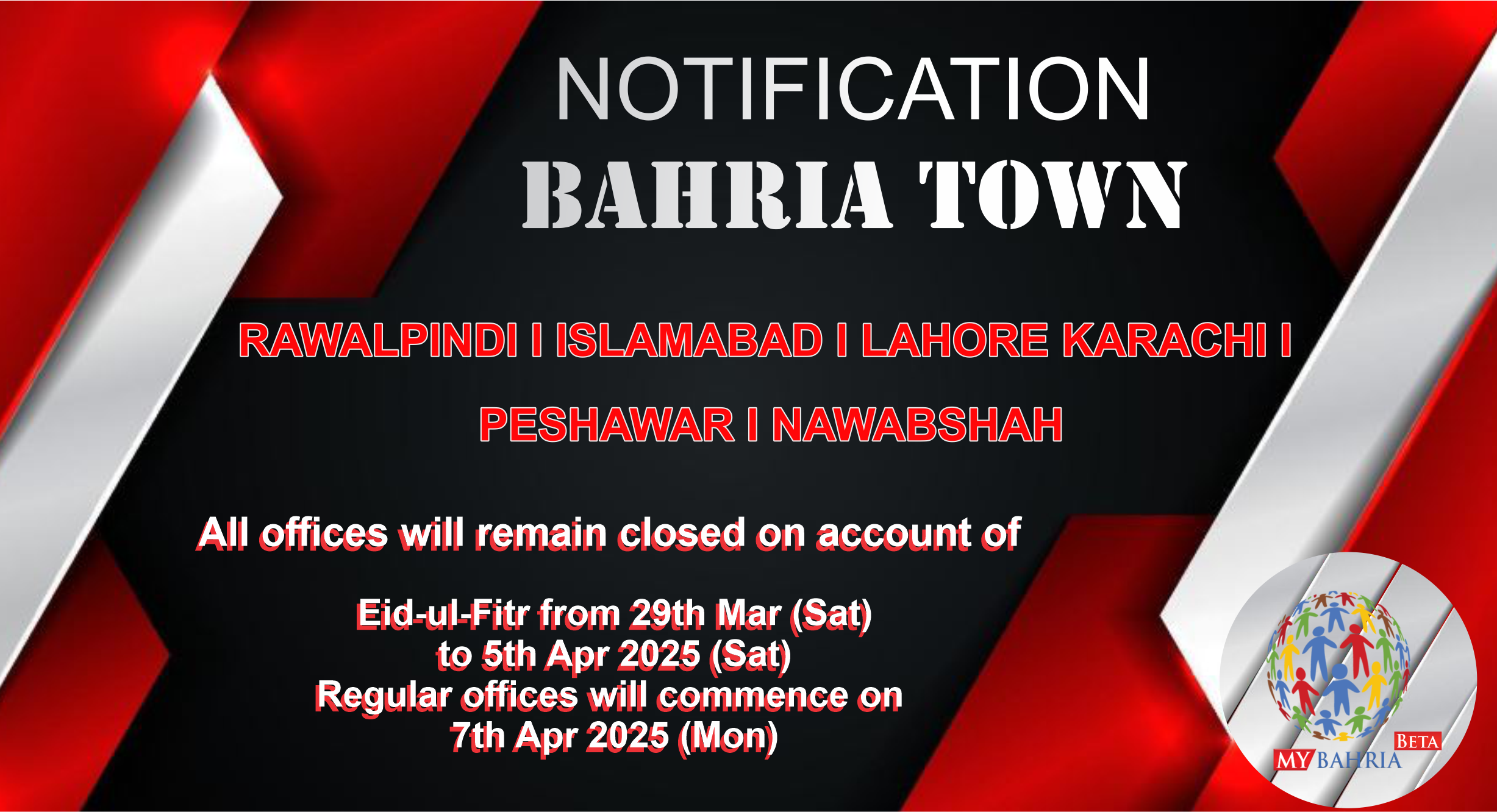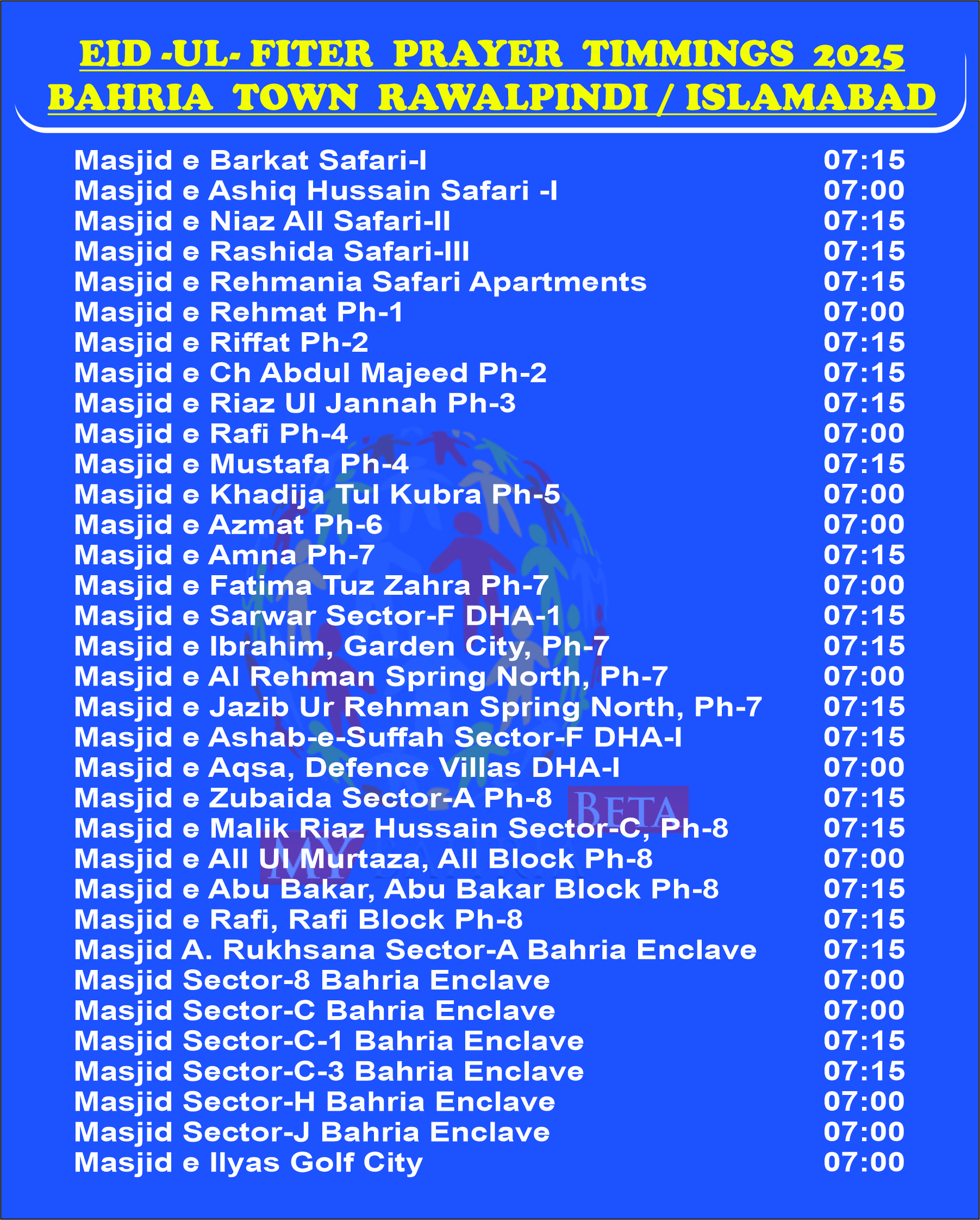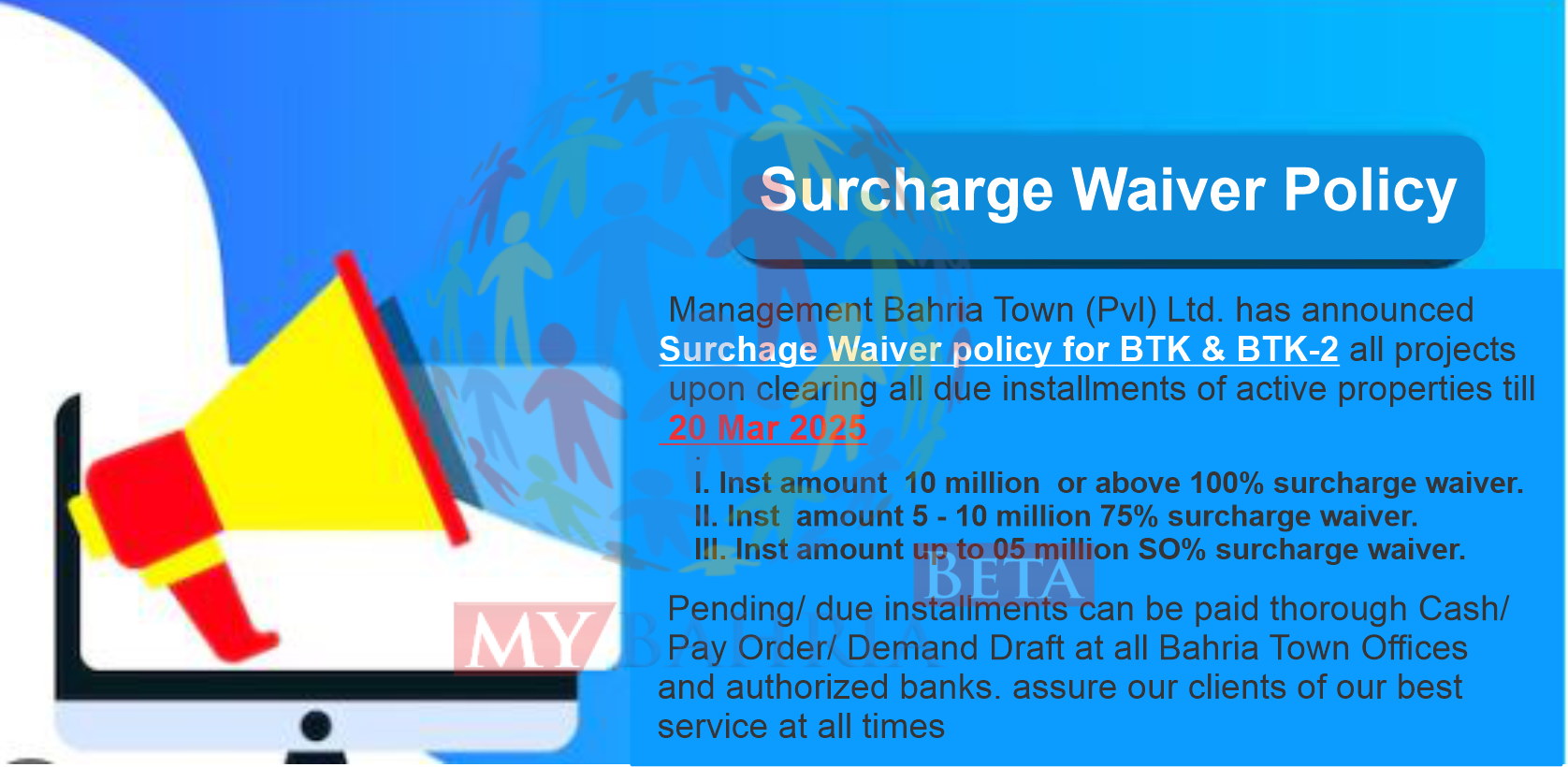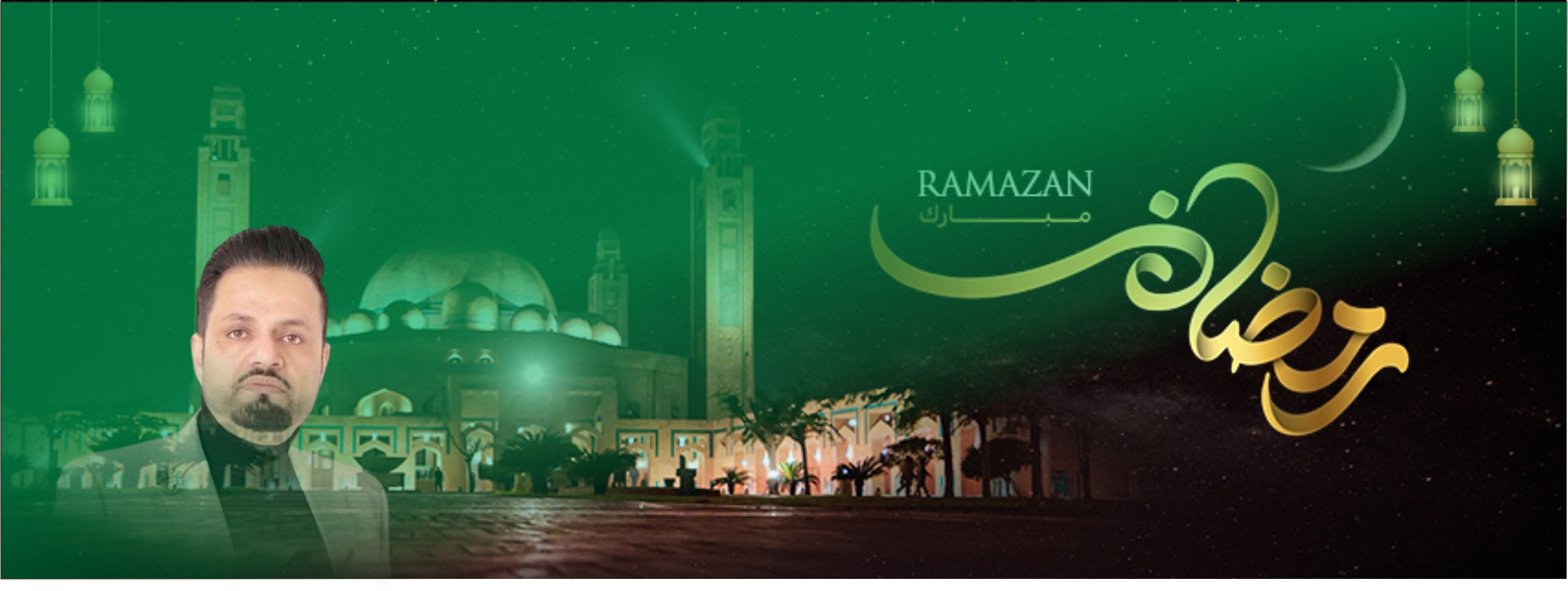
Ramadan: A Month of Reflection, Fasting, and Community
Ramadan, the ninth month of the Islamic calendar, is considered the holiest month for Muslims worldwide, marked by a period of fasting from dawn to dusk, intense prayer, increased charity, and deep spiritual reflection.
The Significance of Ramadan:
-
Revelation of the Quran:
Muslims believe the Quran, their holy book, was revealed to Prophet Muhammad during Ramadan, making it a time to focus on studying and reciting its verses.
-
Spiritual Growth:
Fasting is seen as a way to purify oneself, develop self-discipline, and strengthen one's connection with God.
-
Community Bonding:
Ramadan is a time for Muslims to come together for communal prayers (Tarawih) and share meals, fostering a sense of unity and support.
Key Practices During Ramadan:
- Fasting: Abstaining from food, drink, and sexual activity from dawn to sunset.
- Suhoor: The pre-dawn meal eaten before starting the fast.
- Iftar: The evening meal to break the fast, often starting with dates.
- Extra Prayers: Muslims perform additional nightly prayers called Tarawih.
- Charity (Sadaqa): Increased emphasis on giving to the less fortunate.
- Quran Recitation: Devoting time to reading and reflecting on the Quran.
Important Aspects of Ramadan:
-
Laylatul Qadr (The Night of Power):
Considered one of the most significant nights in Ramadan, believed to hold immense blessings.
-
Eid al-Fitr:
A joyous celebration marking the end of Ramadan with festive meals and prayers.
Who is Exempted from Fasting:
Young children, Elderly people, Pregnant or breastfeeding women, Travelers, and People with chronic illnesses.
How to Respect Ramadan if You're Not Muslim:
- Be mindful of fasting hours: Avoid eating or drinking in front of fasting Muslims during daylight.
- Offer kind words and gestures: Say "Ramadan Mubarak" (Blessed Ramadan) to Muslim friends and colleagues.
- Be understanding: If someone needs to break their fast early due to health reasons, be supportive.
